
Applying social and environmental psychology to human-environment interactions and attitudes to climate change, environmental change.
Living on Ngunnawal and Ngambri Country.

Reposted by Zoe Leviston
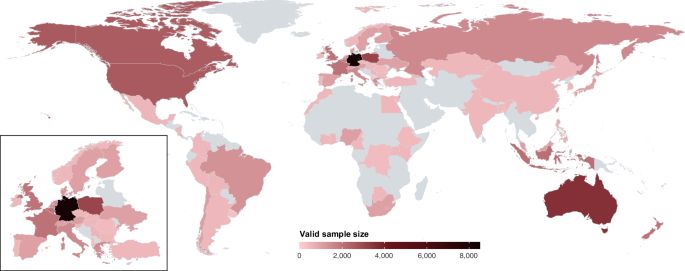
What a resource!
Now we ‘just’ need a 2025/26 update given how it’s all changing.
www.nature.com/articles/s41...
Reposted by Zoe Leviston
Behavioral science has substantial potential for contributing to solving the climate crisis, but I see two critical challenges limiting its impact🧵👇
#ClimateAction #BehavioralScience #Sustainability
Reposted by Zoe Leviston

Reposted by Zoe Leviston
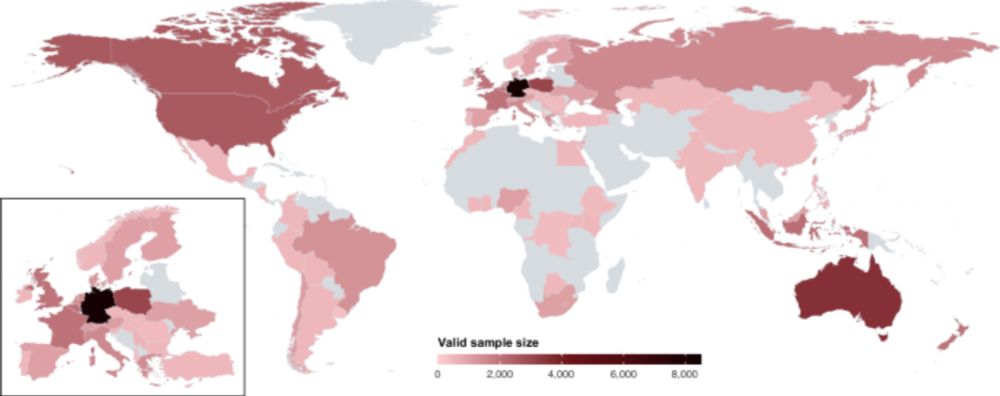
Reposted by Emily K. Vraga, Julia Metag, John R. Kerr , and 1 more Emily K. Vraga, Julia Metag, John R. Kerr, Zoe Leviston
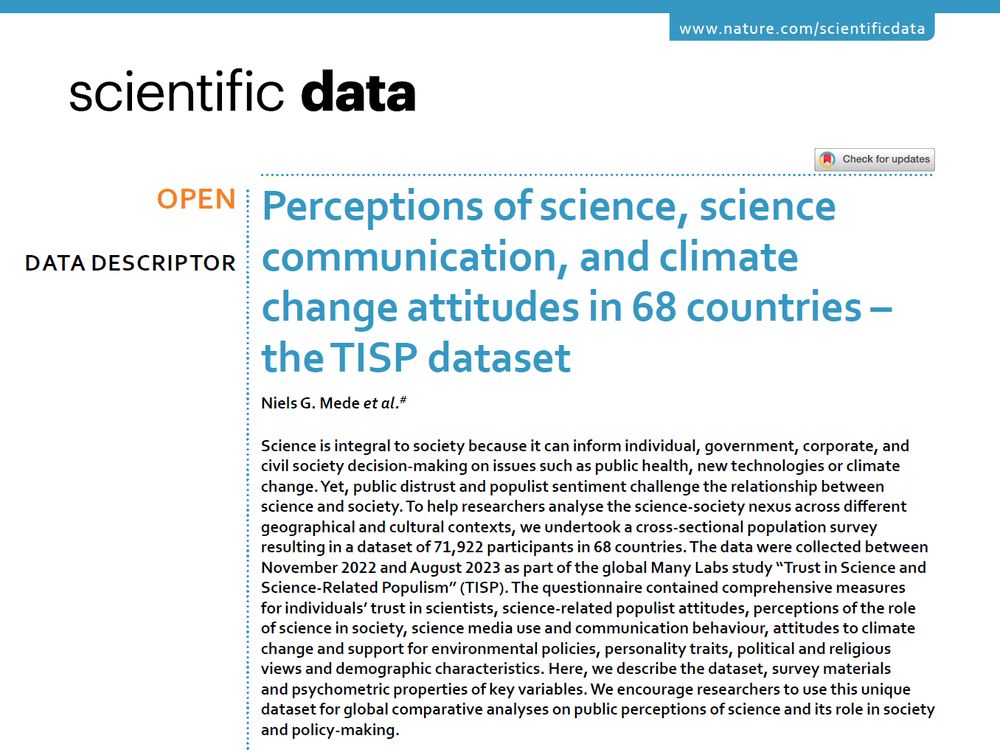

🌏Global trust in scientists project led by @colognaviktoria.bsky.social and @nielsmede.bsky.social is out today in Nature Human Behaviour: go.nature.com/40pox5P
🦘Some interesting Australia-specific results in our Conversation piece below, led by @mdmarques.com
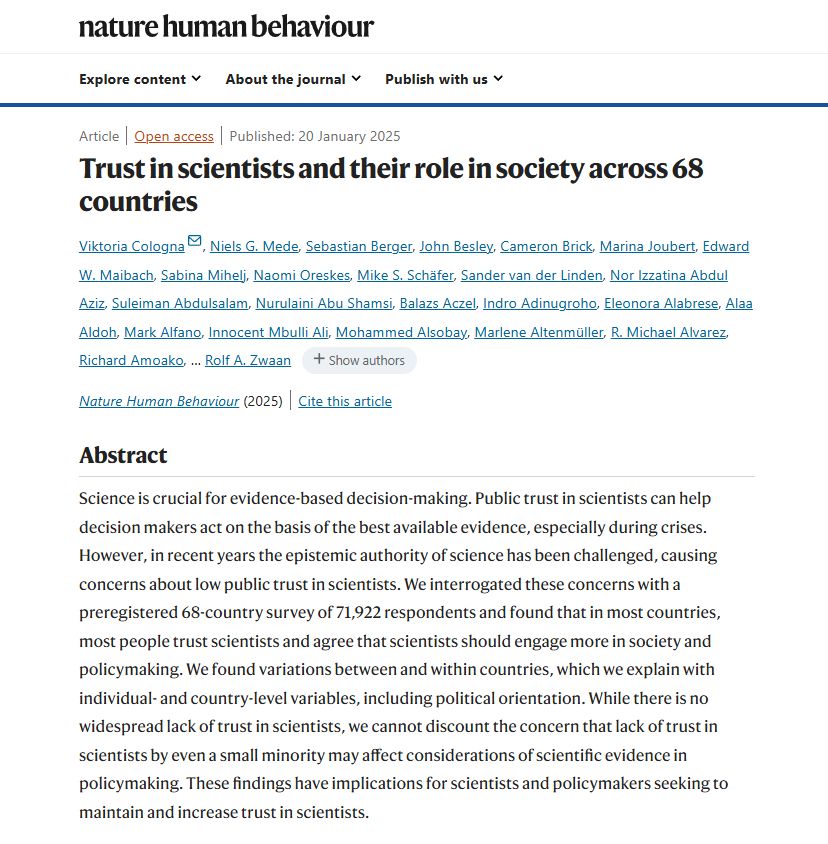
It shows: People still #trust scientists and support an active role of scientists in society and policy-making. #OpenAccess available here: www.nature.com/articles/s41... @natureportfolio.bsky.social
(1/13)
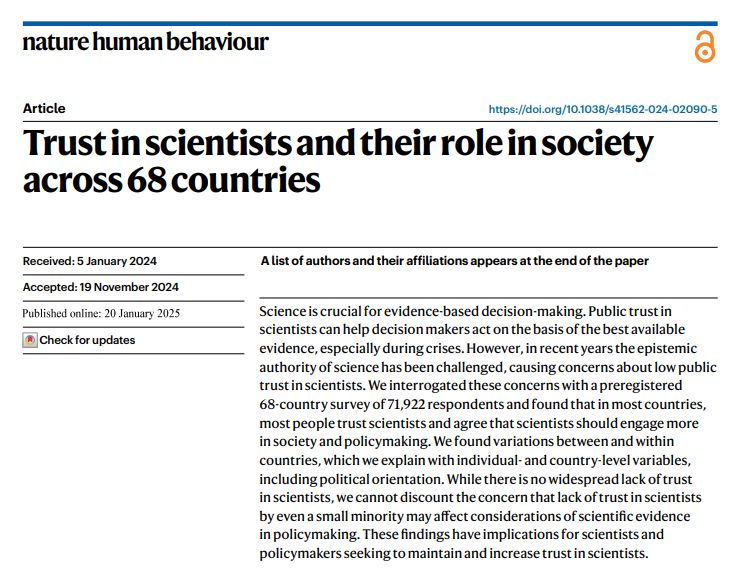
With a team of 241 researchers, we surveyed 71,922 people in 68 countries, providing the largest dataset on trust in scientists post-pandemic 👇🧵https://www.nature.com/articles/s41562-024-02090-5
Reposted by Aparna Lal

We know many are angry about climate change. But precisely WHAT they’re angry about matters, for action and wellbeing.
Original open-access article here: www.sciencedirect.com/science/arti...
@mentaloose.bsky.social #climatesky
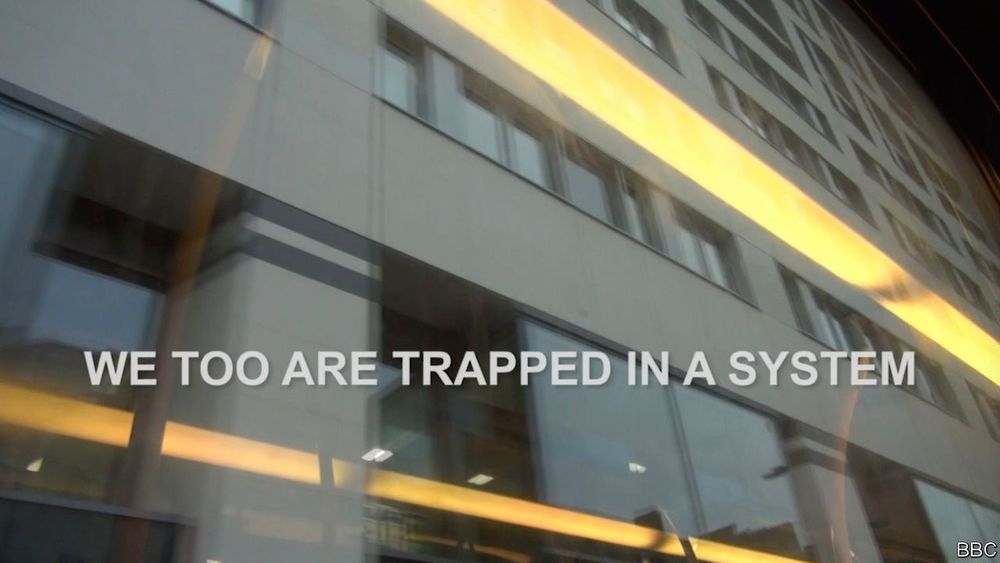
This Is The Story Of The The Pernicious Rise of AI-Generated Papers and their Online Impact
An Incomplete History Told In The Voice of Documentarian Adam Curtis
1/31
Reposted by Aparna Lal, Zoe Leviston

Reposted by Zoe Leviston

Interested? Then give us a follow ☺️
Find out more about us on our website: climateoutreach.org
❌ To gain the most impact, you should submit to the (reputable) journal whose readership is most likely to be stimulated by your findings
Reposted by Zoe Leviston

Reposted by John M. Meyer, Zoe Leviston
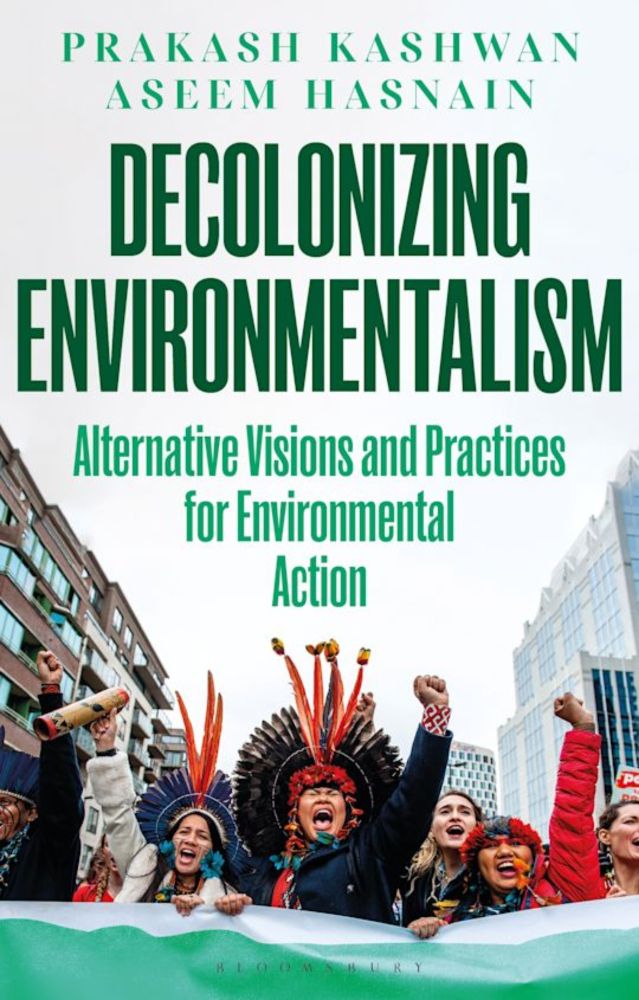
Reposted by Zoe Leviston

Yet countries agreed major new C markets at #COP29 with no obvious tightening of standards
Vast majority of offsetting is a scam
www.nature.com/articles/s41...




